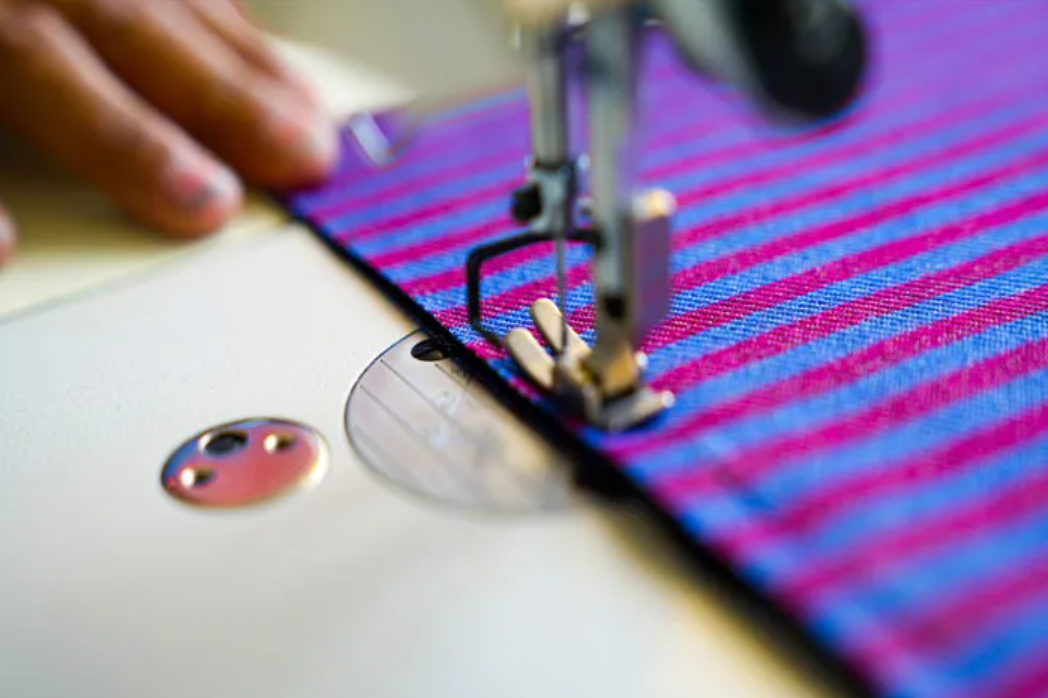Brands loyal to ethical trade more pandemic-resilient: Study in India
Source:CHINA SPORTING GOODS FEDERATIONRelease time:2022-06-04Clicks:
Article From:Fibre2Fashion

Fashion brands with an established commitment to ethical trading were more resilient to the COVID-19 pandemic, according to research into the impact of COVID-19 on the Indian fashion sector. Where brands and their suppliers had stronger existing relationships, there was a sense of empathy, which improved their relationships and ability to address challenges.
Though COVID-19 had a strong impact on all tiers of supply chains in the sector, the impact on brands and their suppliers was not evenly felt across all tiers of fashion supply chains and affected different parts at different times.
Unpredictable demand was suspected of contributing to increased likelihood of unauthorised sub-contracting, with its associated risks of unethical practices, according to research by the Modern Slavery and Human Rights Policy and Evidence Centre (Modern Slavery PEC).
It is a consortium of six academic organisations led by the Bingham Centre for the Rule of Law and is funded by the Art and Humanities Research Council on behalf of UK Research and Innovation.
Fashion brands which had long-term commitment to ethical trading practices embedded across their business tended to be more resilient to the impacts of the pandemic, the research found.
The study was the result of research carried out by the University of Leeds and Goa Institute of Management into the management of modern slavery risks in Indian fashion supply chains during the COVID-19 pandemic.
However, the research points to a strong link between the brands’ long-term commitment to ethical trading and better resilience to the impacts of the pandemic.
Brands that had dedicated teams working with suppliers and in-country ethical personnel were able to develop stronger relationships with their suppliers, which proved important in attempts to deal with the loss of sales, reduced turnover and challenges with managing staff. Well established ethical trading teams proved to be crucial in that regard, the study found.
This means that brands more committed to ethical trading, including those expressing more positive strategic and operational engagement with the UK Modern Slavery Act, not only were able to protect people working across their supply chains more effectively, but also that brands themselves were more resilient to the effects of the pandemic.
Copyright ©2013-2024 CHINA SPORTING GOODS FEDERATION, All Rights Reserved ( 京ICP备05083596号-1 )




